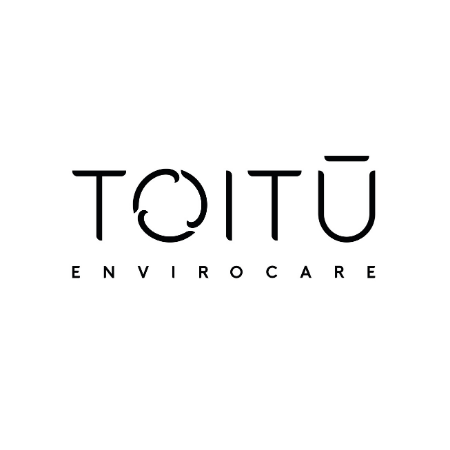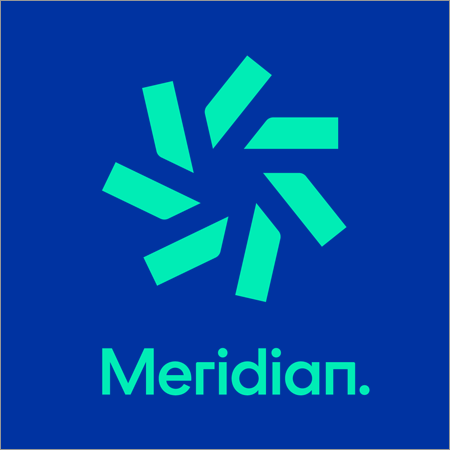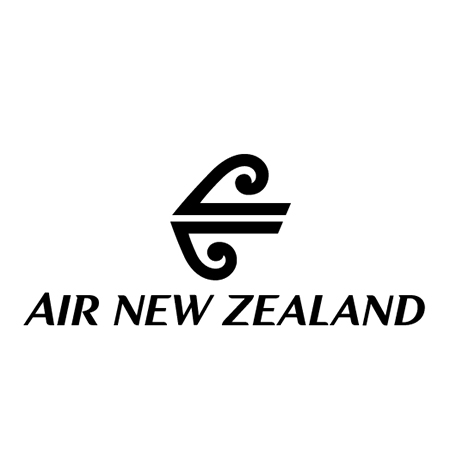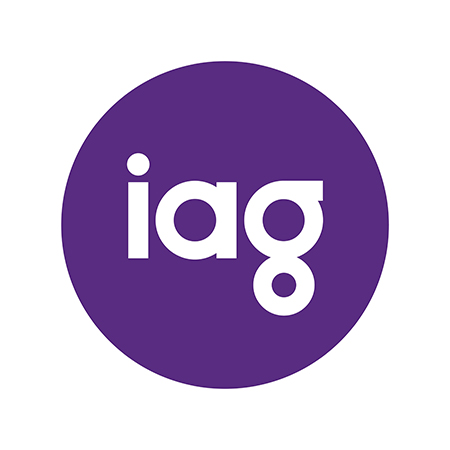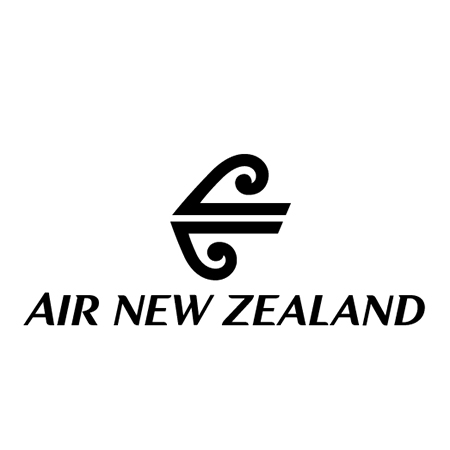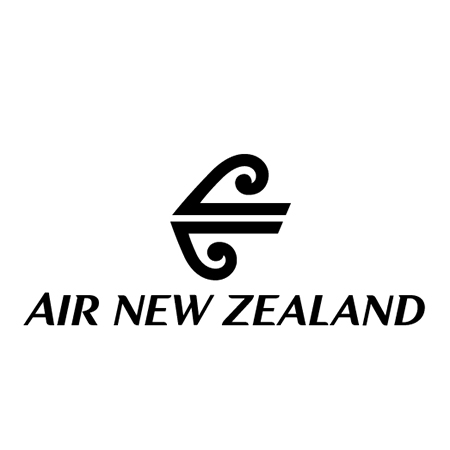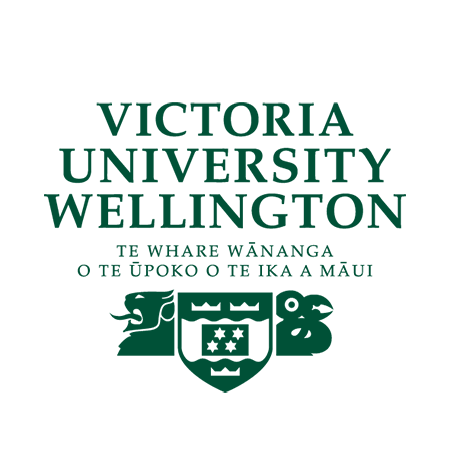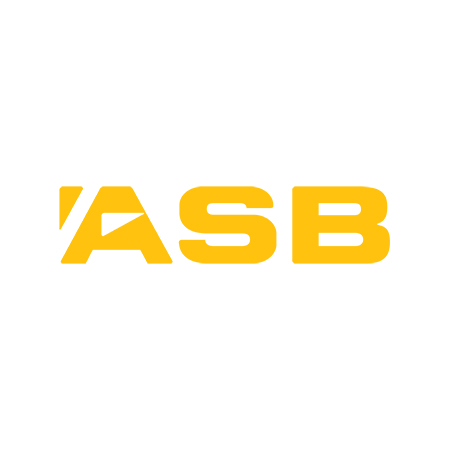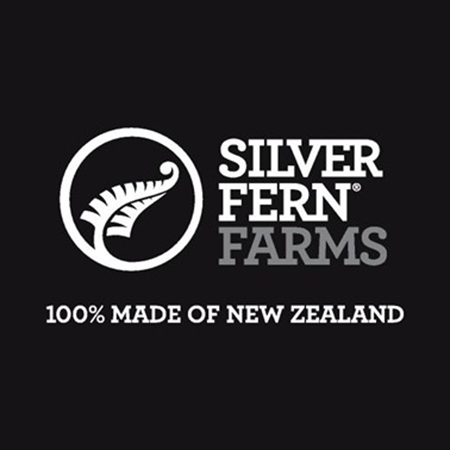When you run out of day cream or finish off that luxe serum, your first thought might be replacing the product ASAP. But have you ever stopped to think where that packaging you are about to so carelessly dispose of will end up?
The beauty industry produces a staggering 120 billion units of waste per year – a harrowing number from a growing industry that is set to be worth $716.6 billion by 2025.
But now a New Zealand-owned skincare company is helping to change that, one refill at a time.
Aotearoa’s own Emma Lewisham has become the world’s first beauty brand to achieve carbon positive status.

